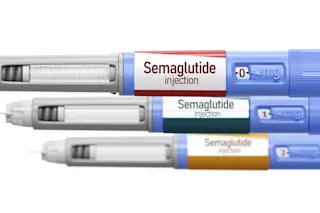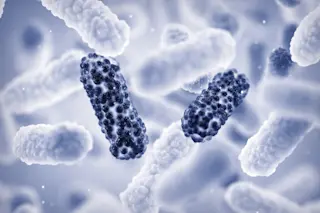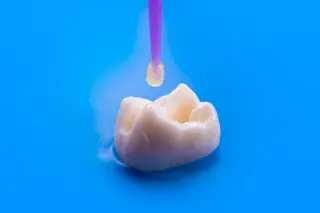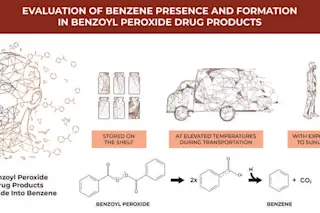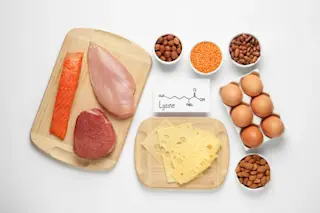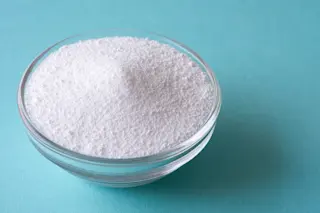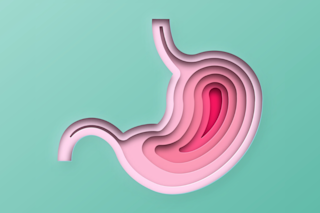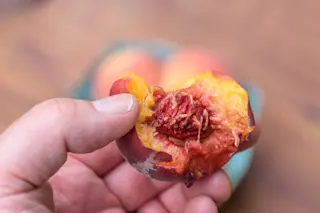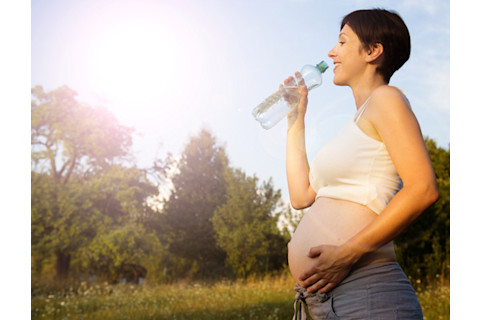
How often do you eat or drink out of a plastic container? (Coffee mug, lunch container, TV dinner, water bottle, the mental tally continues...) Plastic is everywhere, and two new studies suggest that exposure to chemicals released from plastics could increase the risk of miscarriage by 80 percent, particularly in women who have miscarried before. The first study looked at a chemical, present in many types of plastic, called bisphenol-A or BPA. Scientists analyzed 114 pregnant women who had histories of infertility or miscarriages and found that those with high levels of BPA in their blood were 80 percent more likely to miscarry than the rest of the participants. In total, 68 women lost their babies. Researchers don't know why the chemical has such an impact or why some women's levels were so much higher than others'. They are unsure if it comes down to exposure alone, or if the chemical is metabolized differently in different people, amplifying other risk factors. In the second study, researchers looked at another type of hormone-disrupting chemical found in plastics: phthalates. Over the course of a year, scientists followed 500 couples trying to conceive. When mens' phthalate levels were high, they found, the chance of their partners getting pregnant was 20 percent lower.
Away From Plastic
The scary part of these findings, presented at the American Society for Reproductive Medicine's annual conference in Boston this week, is this:The most obvious solution---avoiding plastics---is almost impossible. BPA, for example, can be found in plastic packaging, canned goods and even cash register receipts. It's everywhere. Your best bet, the researchers say, is to minimize exposure. The lead author on the first study, Dr. Ruth Lathi, told the Telegraph,
"Avoid anything that involves cooking or warming food in plastic as the chemicals leak out of plastic materials at a higher rate at higher temperatures."
And Dr, Linda Giudice, society president said,
"Don’t leave your water bottles in the car in the sun. Studies show that levels of BPA increase by about 1000-fold in the water of a bottle that has been sitting in the sun."
While the two studies suggest that plastics may be harmful to reproductive health, especially for those with a history of infertility, future research will have to figure out exactly how these chemicals affect the human body. Not to mention how their negative impacts can be avoided or reversed. Image credit: Halfpoint/Shutterstock


